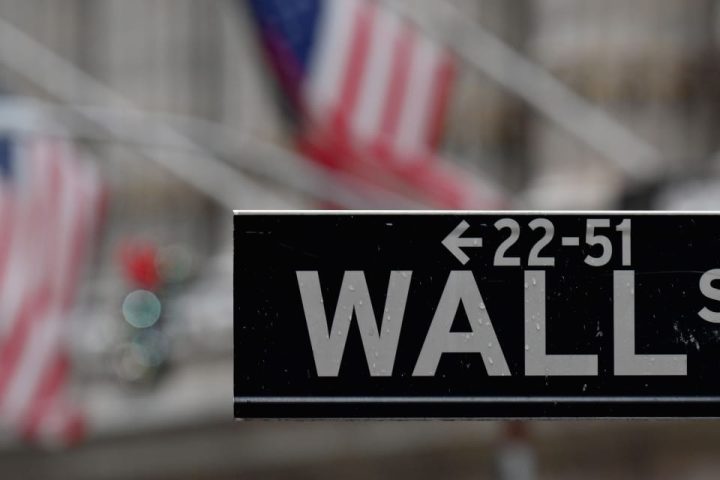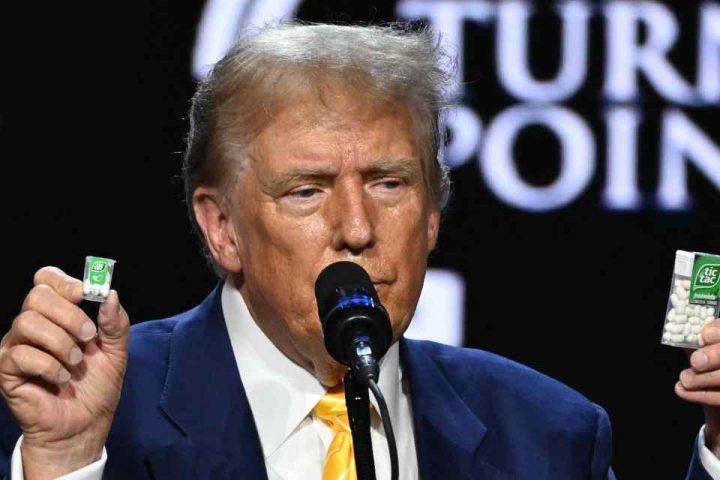By Lucinda Elliott and Jorge Otaola
BUENOS AIRES (Reuters) -Argentine sovereign debt rose on Thursday and stocks dipped after early gains, as market participants cautiously welcomed an emergency presidential decree ending limits on exports and taking other steps to deregulate an ailing economy.
Attention now turns to congress, which has power to strike down the decree signed by new libertarian president Javier Milei late on Wednesday while people protested against sweeping austerity measures and demanded financial support for the poor.
Thousands of Argentines took to the streets for a second day on Thursday to oppose the decree. Local media broadcast images of crowds banging pots and pans in protest in cities such as Rosario, Mar del Plata, Córdoba and the capital Buenos Aires.
Ahead of the demonstrations, the Buenos Aires S&P Merval index dipped into negative territory after strong opening gains, while over-the-counter sovereign debt advanced 2.9% after initially climbing as much as 4%.
Bond spreads – the premium investors demand to buy Argentine debt rather than U.S. – have narrowed to near their tightest since early February, as investors grew more confident of the government’s ability to meet debt obligations.
The complex decree mandates more than 300 measures. It must be sent to a legislative Bicameral Commission, and if the commission deems the decree constitutional, it will remain in force unless both houses of congress vote it down.
“Investors are going to be keeping a close eye on the reaction of lawmakers who have the power to block the proposals,” said Bruno Gennari at London-based fixed-income bank KNG Securities.
Broadly, the measures announced were in line with what investors anticipated: “It is unlikely that we’ll see much of a price impact on bonds in response,” Gennari said.
Milei’s coalition, La Libertad Avanza, holds only 15% of lower house seats and less than 10% of the senate. Analysts have said proposing changes through laws approved by congress rather than by decree would have been a less destabilizing approach.
The president, who has pledged economic “shock therapy”, told local media on Thursday the measures were “unfriendly” but necessary to fix macroeconomic imbalance. The country is battling recession, triple-digit annual inflation and a growing poverty rate.
Argentina was due on Thursday to make a $900 million payment to the International Monetary Fund (IMF), which it plans to settle using a $960 million bridge loan from CAF – Development Bank of Latin America and the Caribbean – approved on Dec. 15.
It previously had to use a swapline with China’s central bank as well as a loan from Qatar to make IMF payments on time.
Earlier on Wednesday, the first major planned demonstration against the new government took place.
“This is ripping off the country, this is impoverishing the population even more,” 63-year-old Graciela Valdez said following the decree. “Here there is no measure taken in favor of the worker.”
Read the full article here







